It’s All About Connections
Have you ever wondered why your teen makes the decisions that they make? Do those decisions sometimes feel illogical or just plain dumb? If you have ever thought these things, you are certainly not alone! Sometimes teens make these decisions because of their age and stage of life. At The EDGE, we like talking about the brain development of teens and how they will not become cognitively mature until closer to age 25. However, this does not mean that teens can’t make good decisions or even think logically through choices they will face.
A huge focus of our program is encouraging teens to make healthy choices, rather than choosing to engage in risky behaviors. These risky behaviors include things from doing drugs, watching pornography, vaping, or engaging in sexual activity. As was previously mentioned, part of the reason these teens engage in these risky behaviors is because their brains are not fully developed and they struggle to have a future-oriented perspective. At the same time, there is a deeper issue at play in their decision making. Many people believe that the deeper issue is peer pressure, which assumes that teens make bad decisions because of their friend group or peers encouraging them to do stupid stuff. And while it is definitely true that peer pressure plays a large role in teen decision making, it is not the catalyst for bad decisions by teens. Peer pressure is actually a symptom of something deeper, a human desire for connection.
The real issue is that every human on the planet (including teens) wants connection with others. We all want to have healthy relationships where we are known, loved, and accepted. At the end of the day, this core desire is the reason why teens (and all of us for that matter) make poor choices. Think about it this way, peer pressure only matters if the one being pressured wants some form of connection with those that are providing the pressure. If a young man is offered a vape by a bully or by his perceived “enemy,” it is not hard for him to resist this risky behavior! Why? He can easily resist because he wants no connection, no relationship with the bully. Even though his brain is not developed and he faces this intense pressure from a peer, he does not give in to this behavior.
However, let’s say this young man was offered a vape from one of his friends. Even his not-fully-developed brain knows this is illegal and risky. But he chooses to vape anyways. Why? In this scenario, the young man vapes not because he expects to get something amazing (dopamine) from the vape, but because it is a point of deep connection with his friend. In a very unique way, them vaping together builds their relationship deeper than almost anything else. We could apply such an example to any risky behavior that teens engage in. Whether it be vaping, sexual activity, or drug use, teens are trying to connect with something or someone beyond themselves.
So what do we do as parents to help our teens? They can have been educated on the risks of engaging in these behaviors, warned about peer pressure, and they still give in because they really want to have deeper connections. Why? They give in because they lack connection in the most important relationships in their lives. Teens that have good connections with healthy friends, parents, siblings, and other trust-worthy adults tend to completely avoid risky behaviors. If a teenager has healthy connections in those areas of their lives, it doesn’t really matter that their brains aren’t fully developed or that they will face peer pressure. When a teen has positive connections with adults (including parents) that they trust, they don’t need to, or even want to, find connections in unhealthy relationships.
In our Western mode of thinking, we prioritize education and knowledge, oftentimes at the disregard of deep relationships. We often believe that the reason teens make bad choices is simply because they didn’t have the proper education or the right knowledge of how to resist peer pressure. While this is sometimes the case (though I would argue is rarely this issue), the real problem is a lack of healthy relationships, a lack of connection. Healthy relationships and positive connections are far more powerful in helping a teen make healthy choices than any amount of knowledge or education.
Parents, your teens don’t need more information or lectures, they need your unconditional love. They don’t need scare tactics, they need your time and attention. Teens don’t need grand speeches about how you’d do anything for them, they need your everyday investment in their lives. Don’t underestimate the influence that you will have on their decision making by simply building a strong, healthy relationship with them! Make it your goal to connect with your teen every single day in small and large ways. Get your teen around other healthy adults, friends, and authorities that will invest in your teen’s life. If you do these things, you will be building the foundation for a young man or woman that makes healthy choices because they want to, not because they’re scared of negative consequences. There is no shortcut. No roundabout way to build connections. You must invest the time and energy. And for the parent who is doing all of these things and is still frustrated with your teen, hang in there. This is about the long game. By building the relationship now, you will eventually reap what you have sown!
